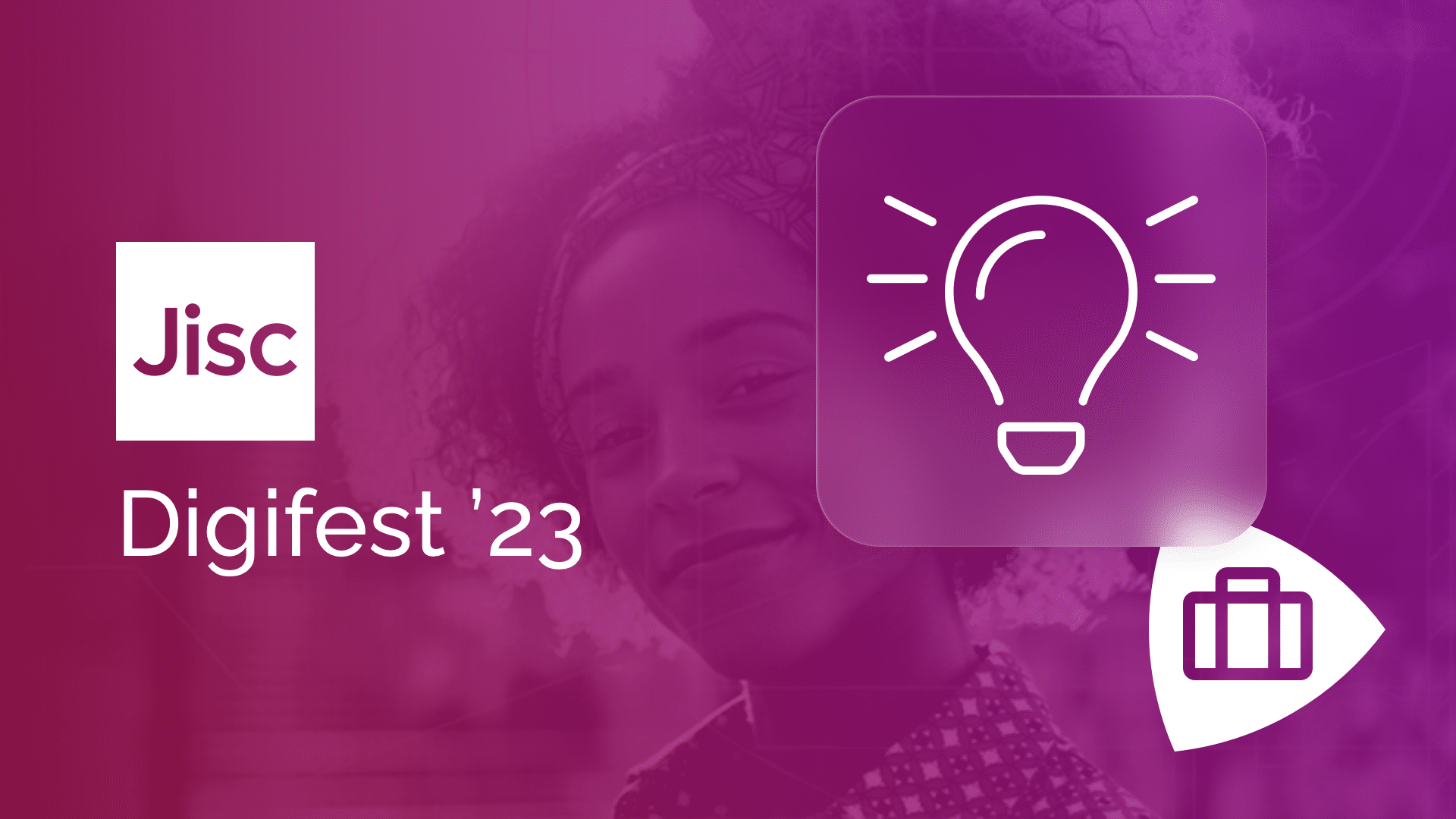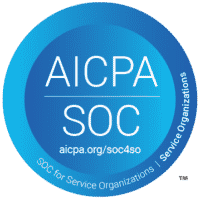With our attendance at Jisc Digifest 2023, we had one major goal: engage with as many people as possible about their perspectives on student ownership in the current and future era of digitally enhanced learning. Time to compare the proven successes of many Dutch and Belgian higher and further education institutions with the frame of reference in the UK market. We had the opportunity to gain very valuable insights, some very similar and recognisable while others were entirely new.
As our booth was positioned right next to the entry into the main venue hall, we had ample opportunity to get in touch with lots of interested people. With three main questions (How do you see the future of education moving towards self-directed learning; where do you see the synergy between authentic assessment and future employability; and how would you see the role of portfolios for capturing personalized learning experiences?), we’ve invited attendees to share their thought leadership with us. This led to some fascinating conversations in which we got to confirm our mission to be spot-on for UK higher and further education institutions.
Ownership and self-directed learning
We were quickly pointed out that enabling students to take responsibility for their own learning had been one of the key guiding principles for enabling student achievement as offered by the national QAA – Quality Assurance Agency for Higher Education since at least 2018. In more recent terms, our conversation partners identified familiar catalysts that have sped up the urgency for paying more attention to self-directed learning and student ownership: the event of Covid-19, the raise of AI in the form of ChatGPT. Moreover, our thought leaders also identified an increasing need of their students to be more in control of their learning journey. Institutions recognize that not all students start from the same place, and they do not share the same goals and ambitions. This means that modern education requires a wider choice for students to cater for ownership. Another important factor of ownership was identified that was not yet fully familiar to our Dutch frame of reference: the costs of education is quite high in the UK. Consequently, students need to make the best of their programme and are more likely to have made a very conscious decision on what degree to pick. This then also results in a high need to be in control of their academic success, by means of manifesting ownership of their own learning.
Learning to take responsibility was also said to require proper, adequate and personalized scaffolding: providing the pathway for students to follow and building their confidence on the way to do it themselves along the way. So apart from making sure the students direct their efforts in the right direction, scaffolding is also seen as a way to help students to build a mental space, resilience, and attitude for successful careers.
Authentic assessment & employability
‘Authentic assessment is how you embed employability in higher education.’ — a quote from one of our conversation partners, quite adequately summarizes the importance of using realistic and flexible forms of assessment rather than trusting on fully predictable theoretical exams or individual long-text papers. In addition, in order to be authentic and link to future employability, assessment should be skill-based. Meaning that the assessment methods should be based on real-life situations.
Portfolio as a multi-tool for development, assessment and showcasing
A portfolio is perceived to be a valuable tool to capture the practical learning experiences, learning that is hard to fully predict, but still of paramount importance to students themselves as well as their programmes. It is seen as a technology for allowing students and teachers to see the personalized learning journeys. Reflecting on strengths and weaknesses, both for students to improve and focus their learning, as well as for teachers to improve teaching. Moreover, another key value of portfolios was explained as the flexibility with which it is able to reflect the student’s personal choices and ambitions. Allowing for self-directed learning in multiple dimensions: e.g. form of deliverable (presentation, essay, video, etc.), variations in learning activities and type of goals and objectives. This way, portfolios can provide a far more holistic view of a student’s skill mastery, than a separate single assessment. Lastly, another advantage of portfolios that was mentioned was that it moves the focus on the final assessment of a module (which can often prevent students to fully engage in learning and valuable serendipity) away toward the learning activities themselves and the choices that can be made within and around them. In the end, the student is equipped with a rich and relevant portfolio for showcasing their personal skill set and achievements to future employers.
All in all, we’ve had great conversations with our thought leaders and other attendees, as well as with Jisc representatives. Thanks so much for the exchange of thoughts and the very professionally organized event. We’re looking forward to continuing our conversations in the coming years and help support the UK higher and further education sector in the evolution towards more student-led learning, with adequate scaffolding on the way, using rich and easy to use edtech. Let’s talk – or – in Jisc’s words: ‘Hello innovator!’ – (the slogan of Jisc Digifest 2023).




